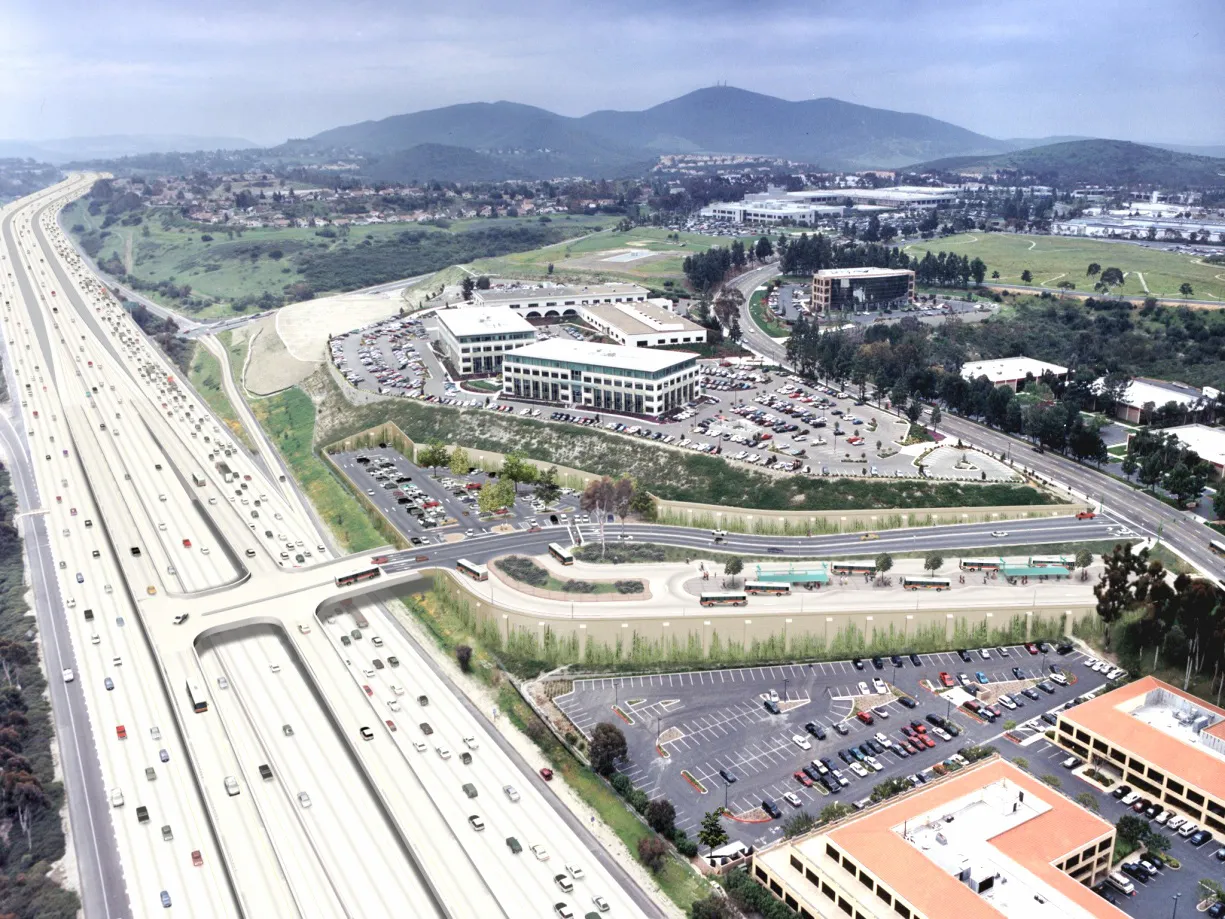The Minnesota High Tech Association (MHTA) has named Global Traffic Technologies (GTT) as the recipient of a 2011 Tekne Award which honours companies and individuals who have played a significant role in developing new technologies that positively impact the lives and futures of people living around the world.
April 26, 2012
Read time: 2 mins
RSSThe 5305 Minnesota High Tech Association (MHTA) has named 5306 Global Traffic Technologies (GTT) as the recipient of a 2011 Tekne Award which honours companies and individuals who have played a significant role in developing new technologies that positively impact the lives and futures of people living around the world.
GTT, which won the award in the innovative electronic devices category, formed in 2007 from152 3M's pioneering ITS business and is the manufacturer of Opticom priority control systems and Canoga traffic sensing systems.
GTT won the Tekne Award for its Opticom Multimode traffic signal priority control technology, which has an install base of over 2,800 cities worldwide . "Our company is honoured to be the recipient of the Tekne award for the second consecutive year. The release of Opticom Multimode technology is a profound game changer for traffic, emergency, and transit personnel combined," said Doug Roberts, CEO, GTT. "Today, municipalities are working to build interoperable regional traffic signal priority control systems in and across city lines because citizens don't see boundaries. As a result, we are continually motivated as a company to think bigger and broader in scope to design systems that connect technology and the people who need it... seamlessly."
GTT, which won the award in the innovative electronic devices category, formed in 2007 from
GTT won the Tekne Award for its Opticom Multimode traffic signal priority control technology, which has an install base of over 2,800 cities worldwide . "Our company is honoured to be the recipient of the Tekne award for the second consecutive year. The release of Opticom Multimode technology is a profound game changer for traffic, emergency, and transit personnel combined," said Doug Roberts, CEO, GTT. "Today, municipalities are working to build interoperable regional traffic signal priority control systems in and across city lines because citizens don't see boundaries. As a result, we are continually motivated as a company to think bigger and broader in scope to design systems that connect technology and the people who need it... seamlessly."






